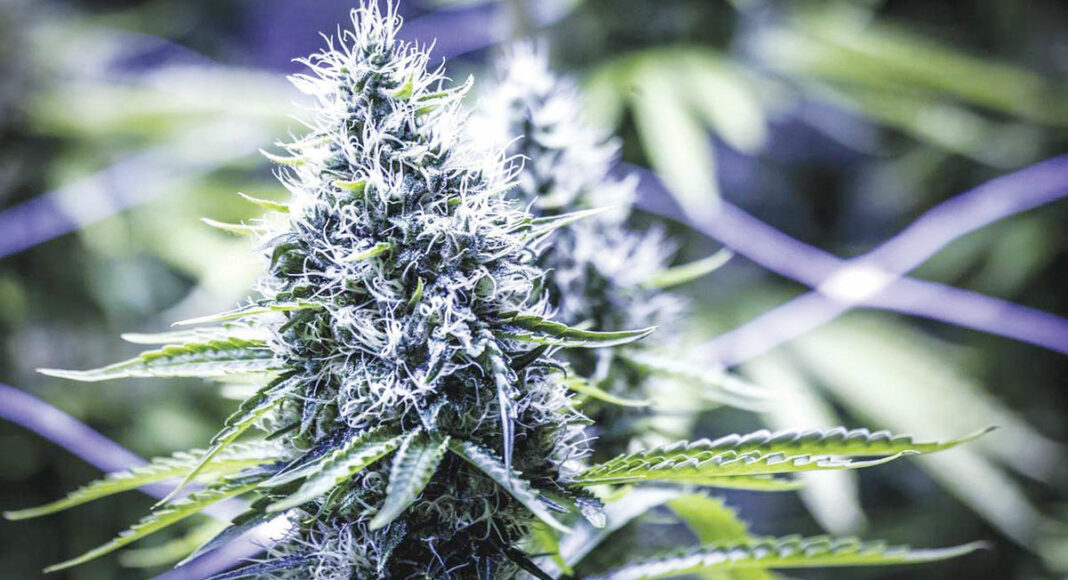So many people have peed in cups over the past several decades that it eventually got to the point where this bizarre and undignified ritual came to be seen as normal. Even cannabis users sometimes say it’s “understandable” that companies test employees and prospective employees for drugs. After all, you wouldn’t want somebody to be stoned on the job.
But of course the presence of cannabis in the body has a tenuous connection at best to whether someone might be stoned on the job. Cannabis tends to stay in the body long after the high has passed, so conceivably someone who rarely uses pot could take one hit of weed on a Saturday night and then fail a drug test a week or more later. And, plenty of people use cannabis regularly, but don’t show up to work stoned.
It looks like the drug-testing dam might be about to break, however. Amazon, one of the country’s largest employers, announced last week that it would cease pre-employment drug testing for all positions not covered by federal Department of Transportation regulations. At the same time, the company declared its support for the Marijuana Opportunity Reinvestment and Expungement (MORE) Act, which has been re-introduced in Congress. The proposed law would decriminalize weed at the federal level, expunge cannabis offenses from federal criminal records and invest in communities that have been negatively impacted by the decades-long War on Drugs.
In a blog post, Dave Clark, the head of Amazon’s consumer division, wrote: “In the past, like many employers, we’ve disqualified people from working at Amazon if they tested positive for marijuana use. However, given the direction state laws are moving across the U.S., we’ve changed course. We will no longer include marijuana in our comprehensive drug screening program for any positions not regulated by the Department of Transportation, and will instead treat it the same as alcohol use. We will continue to do impairment checks on the job and will test for all drugs and alcohol after any incident.”
So, not a total end to forcing workers to pee on demand, but a significant step away from the notion that it’s a good idea to treat employees as criminal suspects before they’re even hired—a notion that, like federal prohibition, seems more ridiculous every time another state legalizes weed for adult use.
It seems likely that Amazon made the moves in part to help repair its image as a tyrannical employer and union-buster. In recent years, a torrent of stories has kept the internet abuzz with rumors about the working conditions in Amazon’s warehouses, and among drivers, where employees’ every move is closely monitored, and every minute of their on-the-clock lives is tallied. Ironically, the stories that are perhaps most damaging to Amazon’s reputation are the ones where workers claim they are forced to pee in bottles because they don’t have time for bathroom breaks. Despite the strong evidence that this has happened at least a few times, Amazon denies it wholesale.
It remains to be seen whether Amazon’s decision on testing will spread to other large employers. It seems likely it will, and that would be a huge kick in the teeth to the drug-testing industry, which relies on volume: if employees are tested only after accidents or when an employer get suspicious, it will remove most of the revenue stream, as it were, from the companies that make the testing kits and perform the tests.
“Suspicionless marijuana testing in the workplace, such as pre-employment drug screening, is not now, nor has it ever been, an evidence-based policy,” said Paul Armentano, deputy director of NORML, a cannabis-reform group. “Rather, this discriminatory practice is a holdover from the zeitgeist of the 1980s ‘war on drugs,’” he said in a statement reacting to Amazon’s move. “But times have changed, attitudes have changed, and in many places, the marijuana laws have changed. It is time for workplace policies to adapt to this new reality and to cease punishing employees for activities they engage in during their off-hours that pose no workplace safety threat.”
The decision, of course, applies only to Amazon employees. It doesn’t apply to, for example, teenagers with snoopy parents: For them, Amazon has a page filled with dozens of home testing kits.



